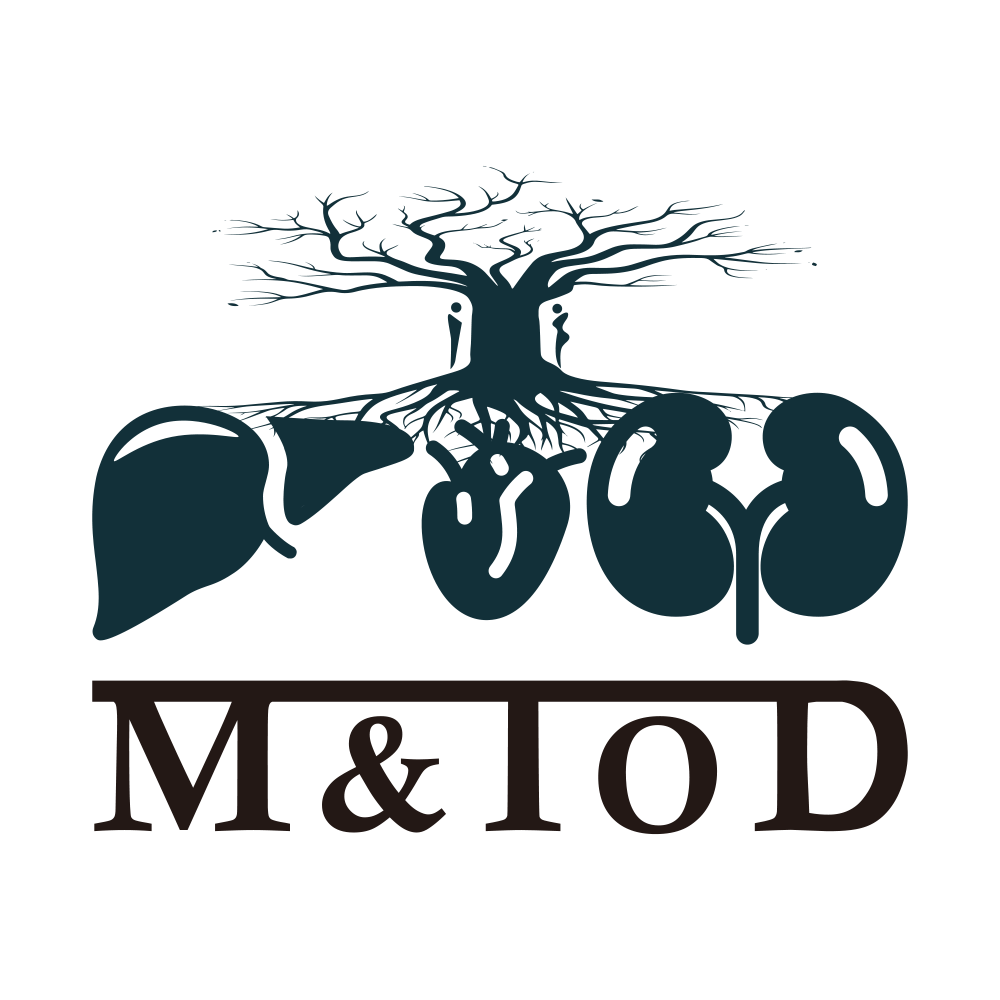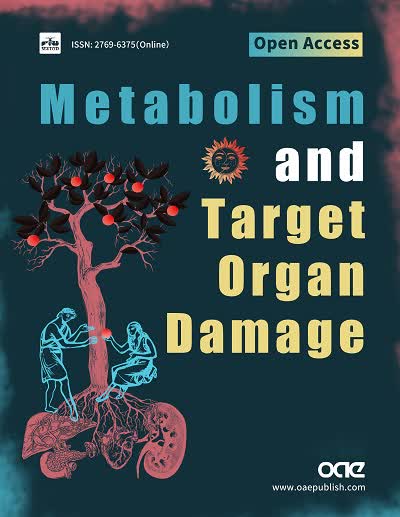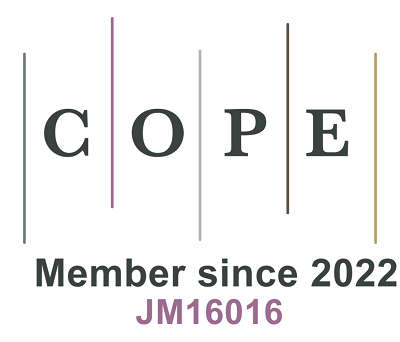A Special Interview with Prof. George Lau, New Editorial Board member of M&TOD
On July 30, 2024, Metabolism and Target Organ Damage (M&TOD) had the honor of interviewing Prof. George Lau, the Chairman and Senior Consultant in Gastroenterology and Hepatology at the Humanity and Health Medical Group, HKSAR, China. In the interview, Prof. Lau discussed the progress and challenges of the "Hepatitis-free Generation" project, highlighting efforts in hepatitis prevention and treatment in Hong Kong and beyond. He also elaborated on his recent publication, “APASL Clinical Practice Guidelines on the Management of Acute Kidney Injury in Acute-on-Chronic Liver Failure,” and its impact on improving patient care. Additionally, Prof. Lau shared key findings from his global survey on ICD codes for metabolic dysfunction-associated fatty liver disease (MASLD) and outlined future research directions for chronic hepatitis B and C. As a new Editorial Board member of M&TOD, he also offered valuable recommendations for the journal's development.
Questions for the interview:
1.You introduced the "Hepatitis-free Generation" project several years ago. What progress has been made in advancing hepatitis prevention and treatment in Hong Kong and other regions, and what challenges remain?
2.You recently published an article titled “APASL Clinical Practice Guidelines on the Management of Acute Kidney Injury in Acute-on-Chronic Liver Failure.” Could you elaborate on these guidelines and their impact on improving patient care?
3.Your research includes a global survey on the use of ICD codes for metabolic dysfunction-associated fatty liver disease. What were the key findings of this survey, and how do they enhance our understanding of MASLD classification and management?
4.You’ve achieved many breakthroughs in the research of chronic hepatitis B and C. What future research directions and key areas do you think should be prioritized in this field?
5.As a new member of M&TOD’s Editorial Board, do you have any recommendations for the development and improvement of our journal?
Personal Introduction:

Prof. George Lau, MBBS (HK 1987), MRCP (UK 1990), FHKCP (1995), FHKAM (GI 1995), MD (HKU 1999), FRCP (Edin 2004 Lond 2006), FAASLD (USA 2015). Prof. Lau graduated from The Faculty of Medicine, The University of Hong Kong in 1987. After graduation, he was recruited to the University Department of Medicine at Queen Mary Hospital, The University of Hong Kong, under the mentorship of Prof. Sir David Todd. In 1992, he was awarded a Hong Kong-Stanford scholarship for advanced training in Gastroenterology and Hepatology at Stanford University, USA. In 1998, he was recommended by Prof. Roger Williams for further training in translational Hepatology at the Institute of Hepatology, University College of London (supported by the Royal Society Award). In 2002, he was promoted to Senior Lecturer and Consultant in Gastroenterology and Hepatology at Queen Mary Hospital, Hong Kong. In 2006, he advanced to full Clinical Professor and assistant Dean, Faculty of Medicine, The University of Hong Kong.
Prof. Lau is highly respected in the field of Hepatology and was elected the 19th President of The Asian Pacific Association for the Study of the Liver (APASL) in 2008. In 2009, he founded the Humanity and Health Medical Group in Hong Kong, where he serves as Chairman and Consultant in Gastroenterology and Hepatology. Concurrently, he holds several prestigious positions: Co-director and Chair Professor at Liver Disease and Transplant Center, The Fifth Medical Center of Chinese PLA General Hospital, Beijing, China; Chair Professor at Zhongshan Hospital, Fudan University, Shanghai, China; Distinguished Professor at Shulan International Medical College, Hangzhou, Zhejiang Province, China; Visiting Professor at Qingdao University, Shandong Province, China; and Chief Scientist of Lishui Municipal Central Hospital, Zhejiang Province, China. Prof. Lau’s research interest is immunotherapy in liver diseases. Throughout his three decades of research, he has published over 300 original articles (including NEJM, The Lancet, J Hepatol, and Hepatology International), with over 45,000 citations and an H-index of 96. Notably, he was the lead author for the phase 3 pegylated interferon for CHB in 2005 and HIMALAYA study for HCC in 2022.
Prof. Lau has received numerous awards and honors, including the Ten Most Outstanding Young Persons 2002 (HKSAR), the HKU Medical Faculty Outstanding Research Output Award, the National Science and Technology Progress Award (State Science and Technology Prizes) - Technological advancement in Chronic hepatitis B infection management, the Hong Kong SAR Chief Executive’s Commendation for government service, and the APASL Okuda-Omata Distinguished Award. Currently, Prof. Lau is a senior member of the steering committee of APASL, chairman of the APASL Viral Elimination Task Force, Co-Chairman of APASL Oncology Guideline, Program Director of APASL Hepatology Webinar, a faculty member of APASL School of Hepatology, Convenor of “Highlight of Hepatology International” Webinar, and an executive governance board member of The Asian-Pacific Digestive Disease Federation (APDWF).
Editor: Alani Luo
Language Editor: Catherine Yang
Production Editor: Yan Zhang
Respectfully Submitted by the Editorial Office of Metabolism and Target Organ Damage








